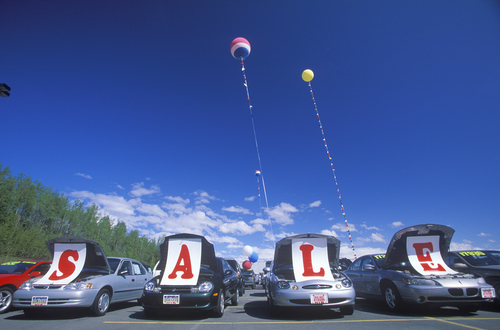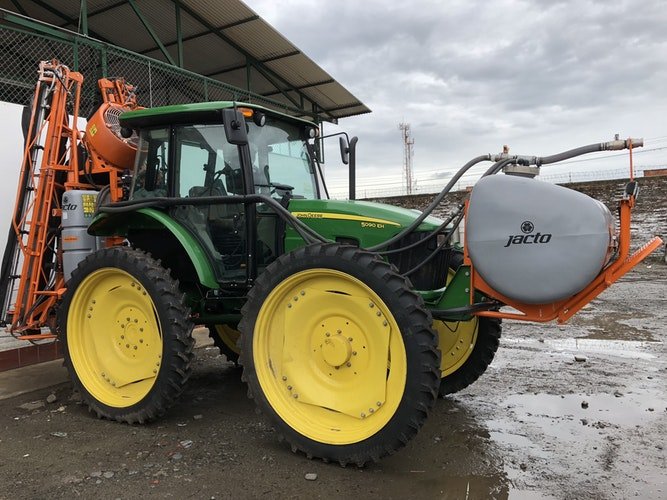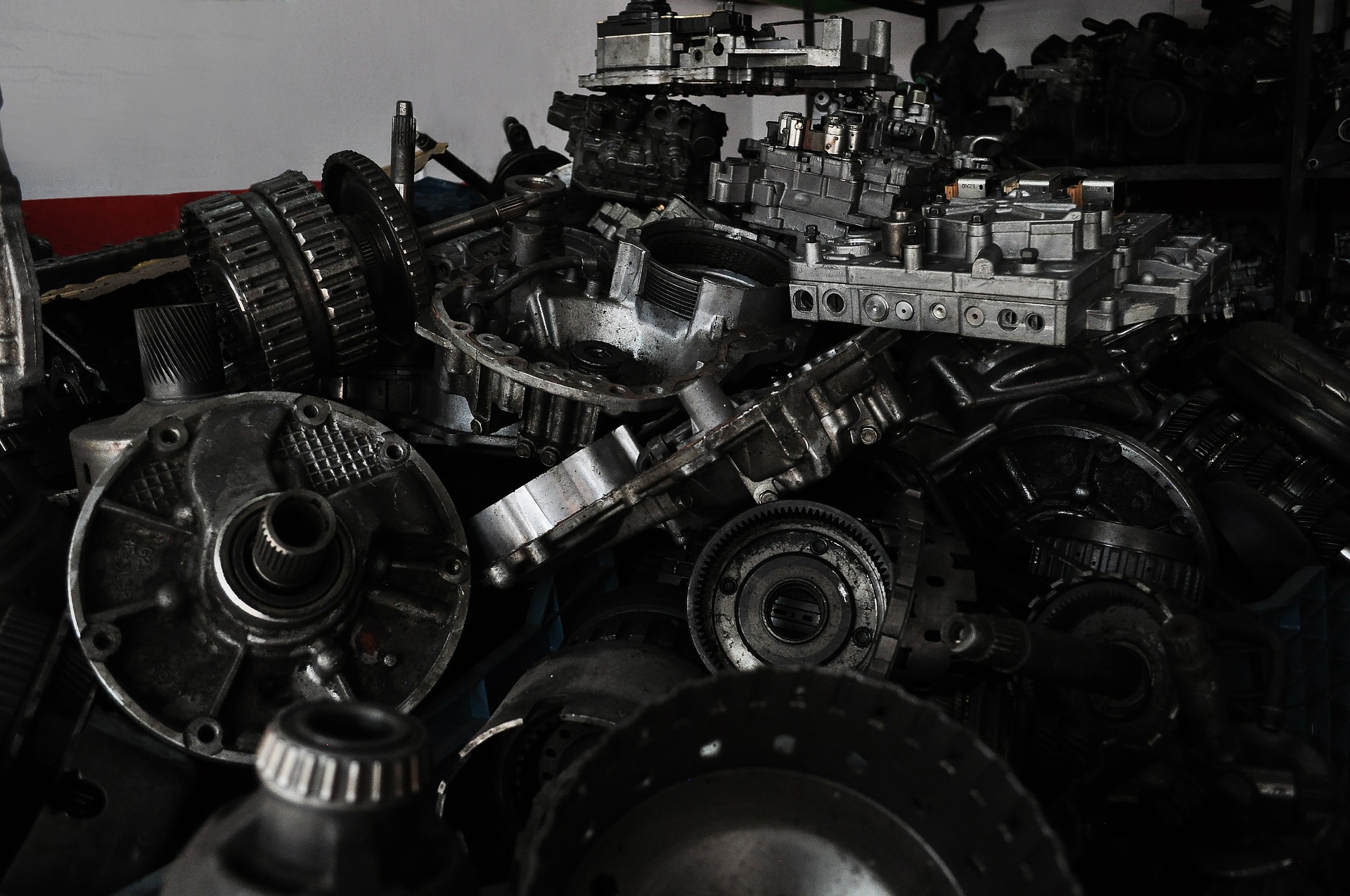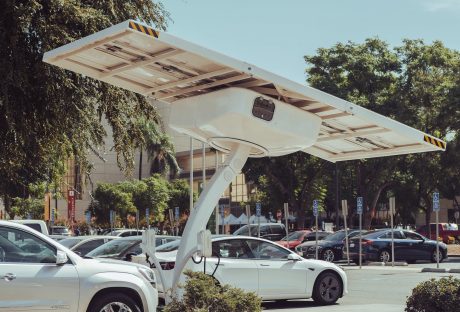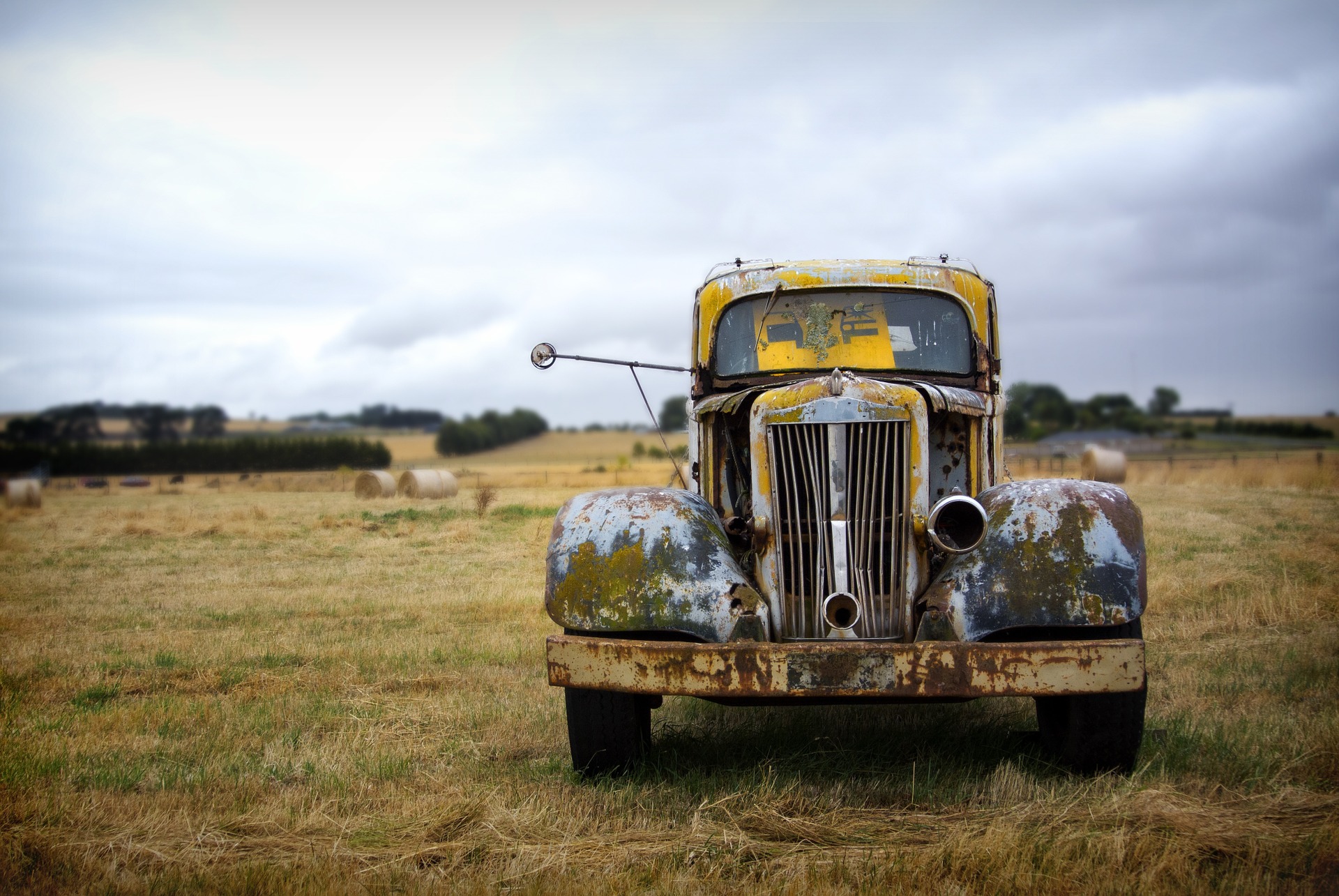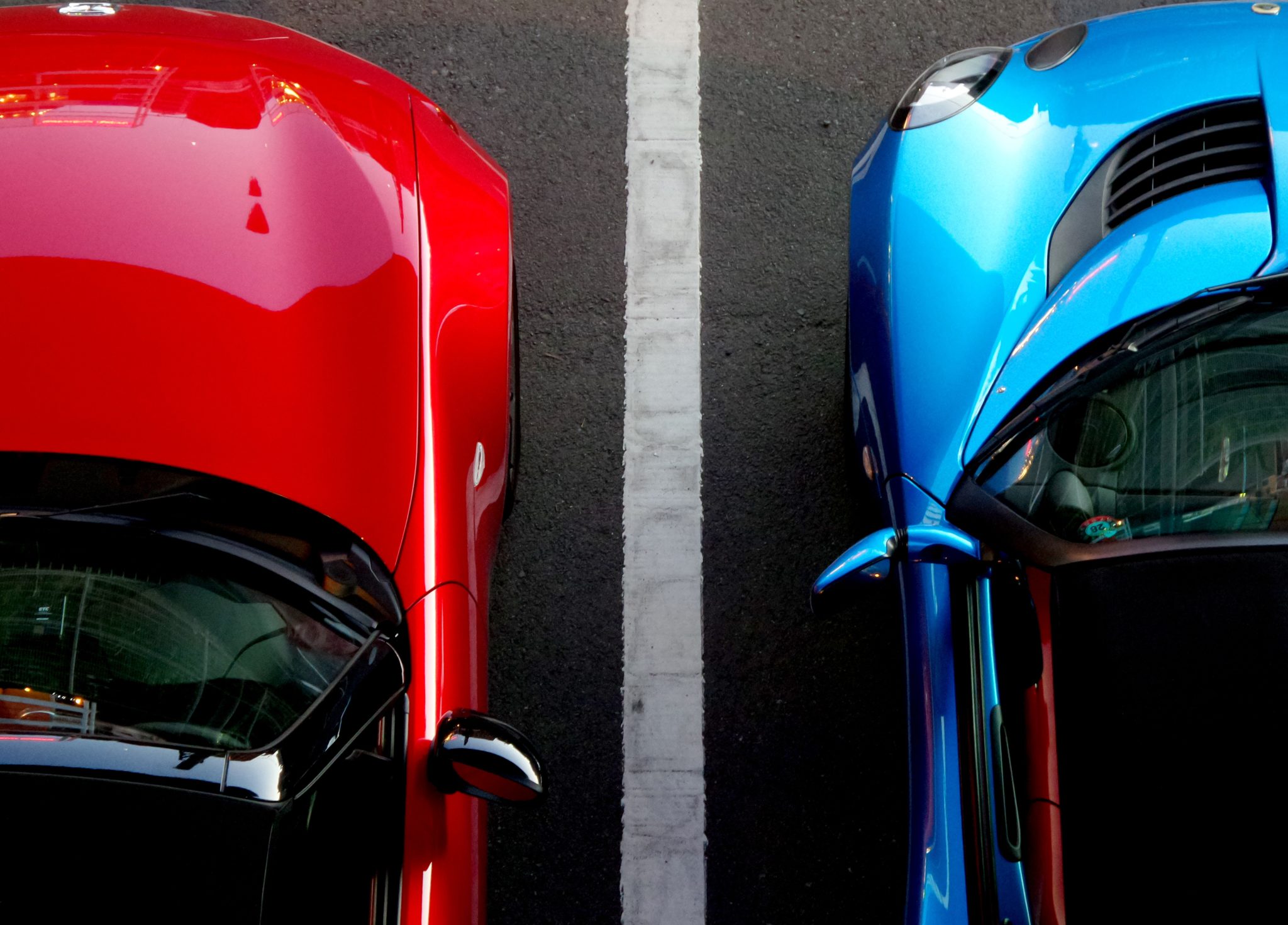Buying a used car can be exciting and at the same time can make you feel anxious. There are a multitude of considerations like its value, maintenance and others. Some second-hand cars exceed their purchase value while some can be considered lemons. One of the best ways to buy a used car is to go through a used car dealership, and if you’re looking for dealerships in the Greater Rochester area, you can visit the website thatsmyvision.com.
However, before you come to a purchase decision, you have to know the advantages and disadvantages of buying a used car.
Pros:
1. Cost Less:
New car buyers usually switch cars after five years, so if you’re paying 8,000 USD for a used one instead of a new one priced at 16,000 USD, then you can save half of your money to buy another car or save it to buy a nicer one after a couple of years. Used cars, on an average, are usually priced half compared to new cars.
Buying a used car can save you from long term financing fees and enables you to pay for your car faster.
2. No hidden fees:
A new car deal might look and sound great, but most new cars will have hidden fees that are sometimes exaggerated, such as destination fees, dealer preparation charges, and shipping fees. Sometimes, hidden advertising fees up to 1,000 USD can even be included in the brand new car prices.
On the other hand, used cars will not have any hidden charges, except documentation fees that can cost a few hundred dollars.
3. Thoroughly inspected and certified:
Getting a certified used car from dealers assures buyers that they’re buying a thoroughly inspected and quality car for the price. Certified used vehicles have been reconditioned and inspected by their manufacturers or by a certifying authority. Additionally, dealerships that sell certified used cars also offer lower financing rates, extended warranties, and comprehensive maintenance programs.
4. Insurance premiums cost less:
If a new car is involved in an accident, the insurance company will pay the current value of the car, leaving a price gap between the purchase price and the vehicle’s current value. This is where a gap insurance policy comes in. This type of insurance will cover the price gap between the new and the depreciated value, but it can significantly raise your premiums.
However, gap insurance will not be necessary when buying a used car, as the value of the vehicle has already been depreciated.
5. Registration fees cost less:
Annual registration fees are based on the vehicle’s value and year model. Generally, the first three years of a vehicle will have the highest rates, and then the rates are leveled off in the fifth year. This means that if you buy a three-year-old used car, you can easily save a few hundred dollars on annual registration fees.
6. Warranties:
Used cars can sometimes have extended warranties or a part of its original warranty. Extended warranties on a used car will provide factory repairs, spare parts, and faster services. Some used cars will even have the option to create a new warranty. You can also use the money that you saved from not buying a new car to have your car warranted until 100,000 miles.
7. Simple Modifications Can Improve Value And Performance
If you are particularly expert at making used cars look gorgeous, you should get great advantages by buying used cars and making few changes to its parts to make it perform like a new car. If you are buying a used Jeep, adding some quality jeep rims can make the car better and stronger. You can add off-road rims for longer-lasting performance. Changing the wheels, breaks, bumpers can give the car a great look.
Cons:
1. Hidden Issues:
Unless you’re buying a certified used car from a dealership, chances are that you’ll never know the car’s issues until it breaks down on you. Most pre-owned car sellers will never tell you the true history of the car. It may have been flooded, involved in accidents, or criminal cases.
2. Higher maintenance costs:
If you’re budget conscious, buying a used car can be a smart financial decision. However, the money you saved from that decision can quickly turn into maintenance and repair costs. Used cars will frequently need more maintenance and repair jobs in order to run properly. These may include tasks such as tire renewal, transmission flushing, and brake pad renewal.
3. Fewer choices and features:
If you’re not lucky enough, buying a particular car you want with modern features and technology can be hard. Generally, if you’re shopping for used cars, you can only get what you see. Used car buyers will not have the same customizable options or choices a new car buyer can have. If you’re into a specific set of features, then buying a used car may not be the best for you.
Closing thoughts:
If you’re still stuck between a new and a used car, you should first weigh out the pros and cons listed in this article. The smell of a new car is great, but is it really worth it? Take your time to do some research, and always look beyond the price before you make any buying decision.
Read Also:













